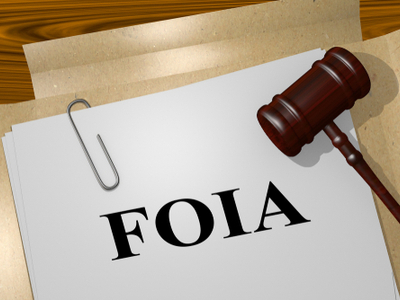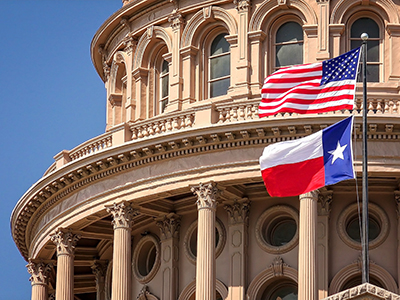The Freedom of Information Act (“FOIA”) grants the public a powerful right of access to records in the possession of federal agencies. However, this right of access is subject to nine distinct exemptions. As demonstrated by D.C. District Court Judge Trevor N. McFadden’s opinion in Story of Stuff Project v. United States Forest Service, it is relatively easy for the federal government to withhold records under Exemption 4 which protects “trade secrets and commercial or financial information obtained from a person” which are “privileged or confidential.” 5 U.S.C. § 552(b)(4). READ MORE
FOIA Exemption 4 Tightens the Spigot on Public Disclosure of Bottled Water Sourcing Records











